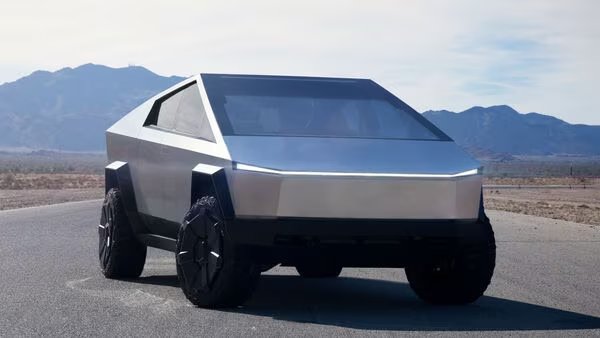
The switch to a 48-volt system is confirmed by Tesla
- Business
- March 14, 2023
The low-voltage system of Tesla’s electric vehicles, which had been operating at approximately 12 volts like the vast majority of other automobiles up until now, is being improved.
Tesla representatives confirmed at the recent 2023 Investor Day their intention to introduce a 48V system, which has been around for a long time but is still uncommon in the automotive industry.
The switch from 12V lead-acid auxiliary batteries to 12V lithium-ion auxiliary batteries was Tesla’s first move. It was announced in February 2021, used initially in the refreshed Tesla Model S/Model X (starting with the Plaid) and later in the Model 3/Model Y (in late 2021).
Tesla claims that the old lead-acid batteries in Tesla cars were a major source of failure and required replacement approximately every four years. Like the main traction battery, the new lithium-ion batteries are expected to last the lifetime of the vehicle, so there should be no need to replace them.
That is the obvious improvement, and it also has a smaller size and is lighter (by 87 percent).
The 48V low-voltage system will be used, Tesla claims, beginning with the Cybertruck this year, the Optiums robot, and all future electric vehicles.
In the 1960s, the automotive industry switched from 6V to 12V (currently, smaller vehicles may still use 6V, while larger vehicles use 24V), as a point of reference.
Compared to 12V systems, Tesla will use a 48V system because it will reduce current by a factor of four. Still considered safe is this voltage level.
At 12V, the wires become thick, heavy, and expensive, so an increase in voltage is necessary as the power demand for onboard electrical devices continues to rise.
Weight and cost savings will be evident with a 48V system, and efficiency may rise at the same time.
That is a very interesting modification that will also necessitate a brand-new 48V lithium-ion auxiliary battery, which Tesla may even manufacture internally (we do not yet know).